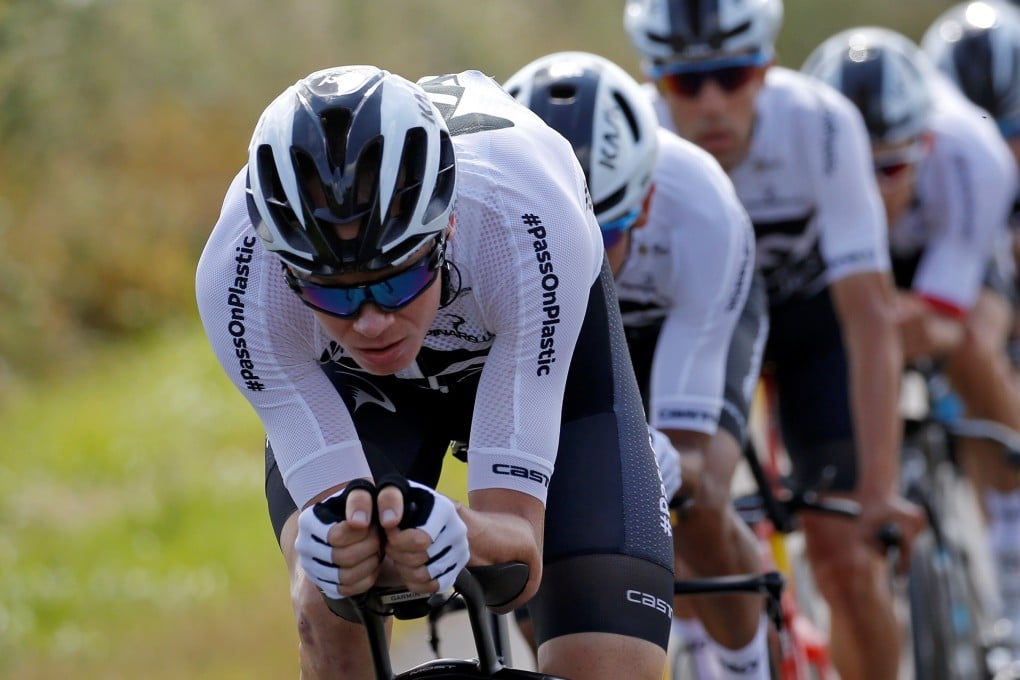Corruption in sport: researchers seek positive outcomes from real scandals to help ‘restore trust’ among fans
- University of Canberra’s Catherine Ordway and her team delve into well-known cases and identify how they may have helped reform the system
- Authors also critical of authorities they deem have not gone far enough, as in the case of Nigerian coach accused of accepting money to influence team selection

In 2015, former NHL player Vladimir Ruzicka resigned as coach of the Czech Republic ice hockey team after a “cash for selection” scandal in which he was accused of demanding money from parents when in charge of leading club side Slavia Prague.
In a 2018 case in Nigeria, Salisu Yusuf, a respected assistant coach of the national football team, was caught accepting a US$1,000 payment from undercover journalists posing as agents to ensure two players would be picked for the Super Eagles B team. Both men denied fraud.
The Czech case triggered immediate reform that led to the establishment of a whistle-blowing programme to protect people who want to expose corruption in sport. Decorated coach Ruzicka was convicted in 2016 and ordered to pay a US$16,000 fine or spend 16 months in jail. Yusuf was fined US$5,000, banned for one year and in 2019 returned to the national team.
Both cases are part of a new research book that details known examples of corruption in sport over the past few years, with most incidents resulting in a positive outcome in terms of how authorities implemented policy reforms and set up systems to combat fraud.
Catherine Ordway, editor of Restoring Trust in Sport: Corruption Cases and Solutions, said the idea came about after she was asked by her PhD supervisor to write a book on corruption case studies in sport for teaching purposes.
